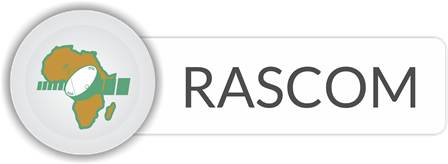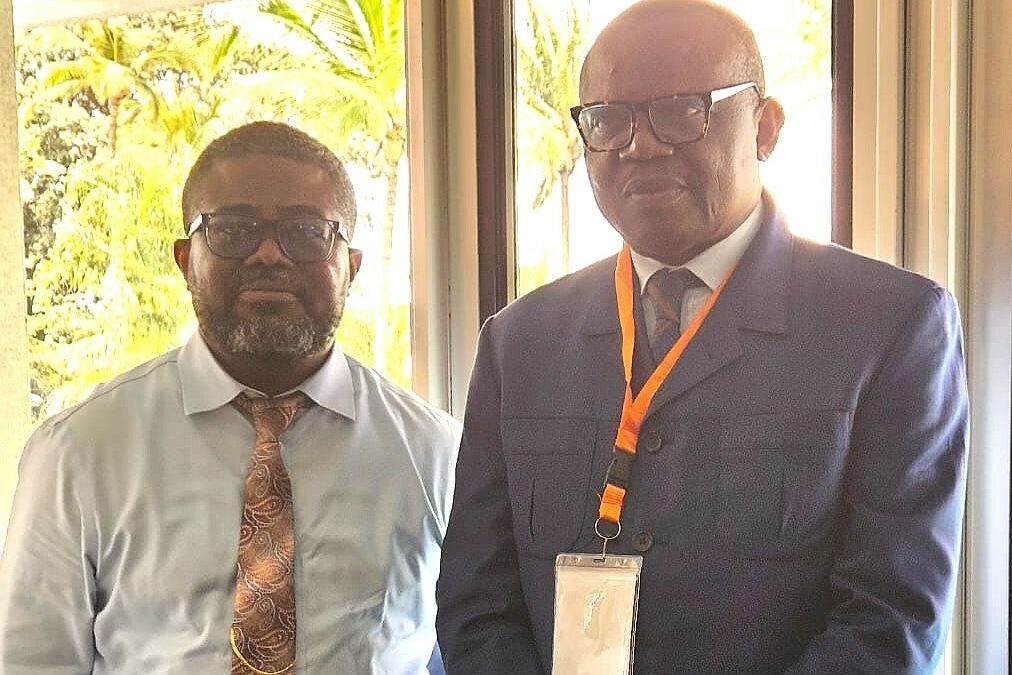The 16th General Assembly of the African Union of Broadcasting (AUB) has convened in Abidjan, bringing together the continent’s foremost media leaders to tackle pressing challenges in an era of digital transformation. Under the theme “Empowering the Media: What Strategies for Financial and Technological Resilience and Innovative Content?”, the gathering marks a critical juncture for Africa’s broadcasting sector as it navigates technological disruption and financial sustainability challenges.
Among the distinguished participants, RASCOM Director General, Timothy Adi Ashong joined Directors General from national broadcasters, policymakers, and content creators to explore solutions for strengthening Africa’s media ecosystem. The discussions highlighted the dual pressures facing broadcasters: rising satellite transmission costs and the urgent need to invest in digital content production and distribution infrastructure.
“Africa’s media landscape stands at a crossroads,” said Ashong during the high-level dialogues. “While digital platforms create new opportunities, they also demand innovative approaches to ensure broadcasters remain financially viable and technologically competitive.” His engagements with AUB leadership and Ghana Broadcasting Corporation officials reinforced RASCOM’s role in providing cost-effective satellite solutions that maintain universal access to information.
The Assembly comes as African broadcasters face unprecedented competition from global streaming platforms and social media. Participants emphasized the need for continental collaboration to protect public service broadcasting mandates while embracing digital transformation. RASCOM’s presence underscored the organization’s commitment to providing reliable satellite coverage that enables seamless content distribution across Africa’s diverse geography.
AUB President Guillaume Djeni highlighted the strategic importance of the gathering: “This Assembly isn’t just about discussing challenges – it’s about implementing concrete solutions that will ensure African voices continue to resonate across traditional and digital platforms.”
As the meetings continue, working groups are developing actionable recommendations to present to African policymakers, including proposals for harmonized regulatory frameworks and investment in next-generation broadcasting infrastructure. The outcomes are expected to shape national media strategies across the continent, balancing commercial realities with public service obligations.

